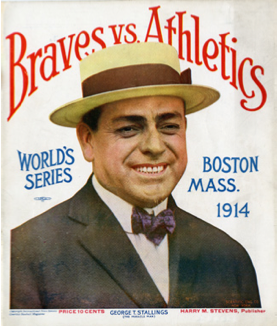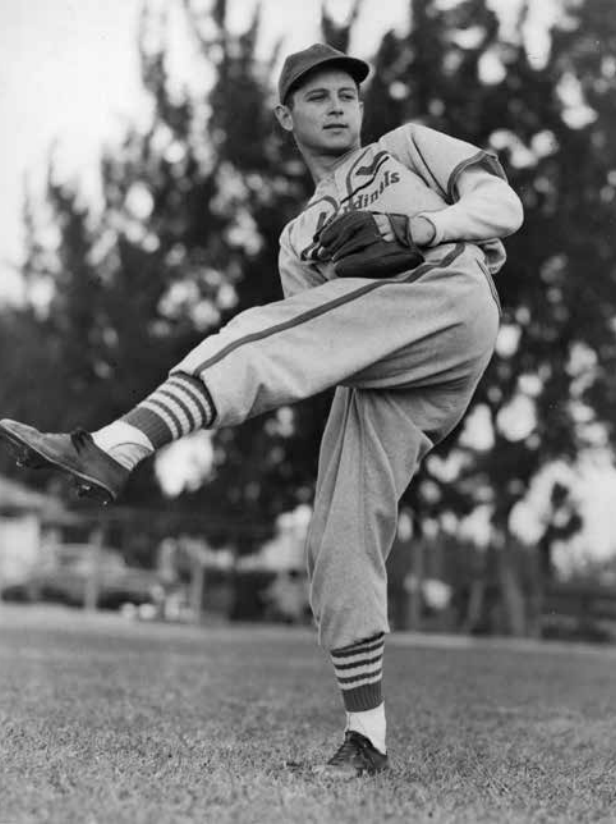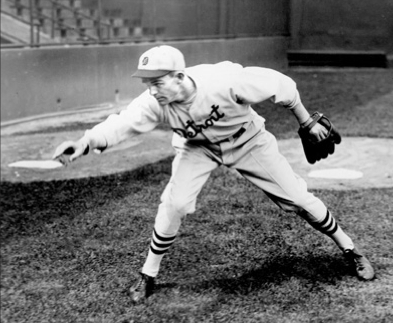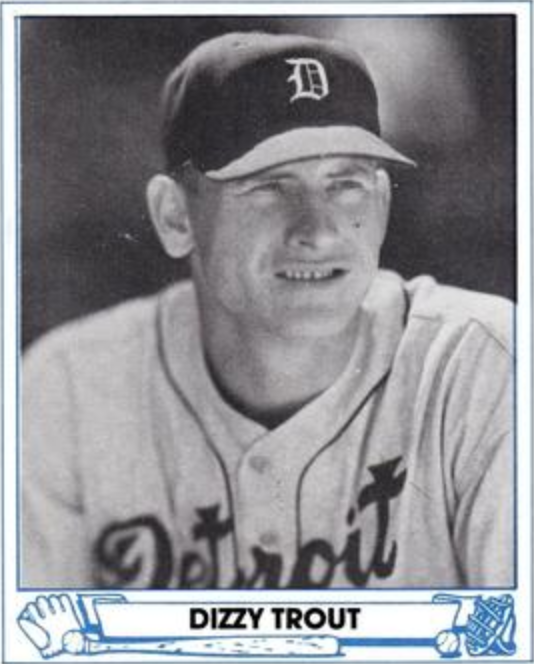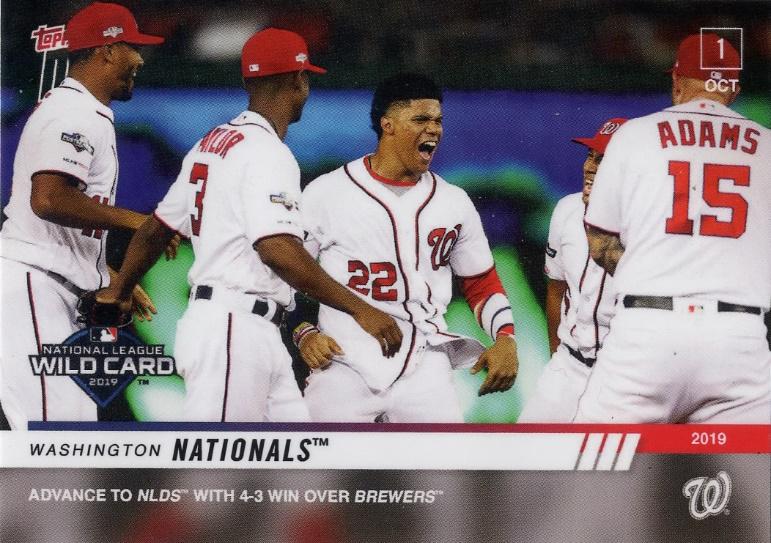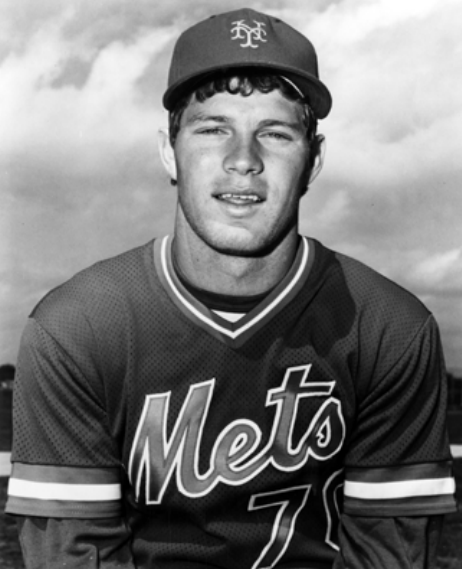October 3, 1970: Slam, errors give Orioles playoff opener
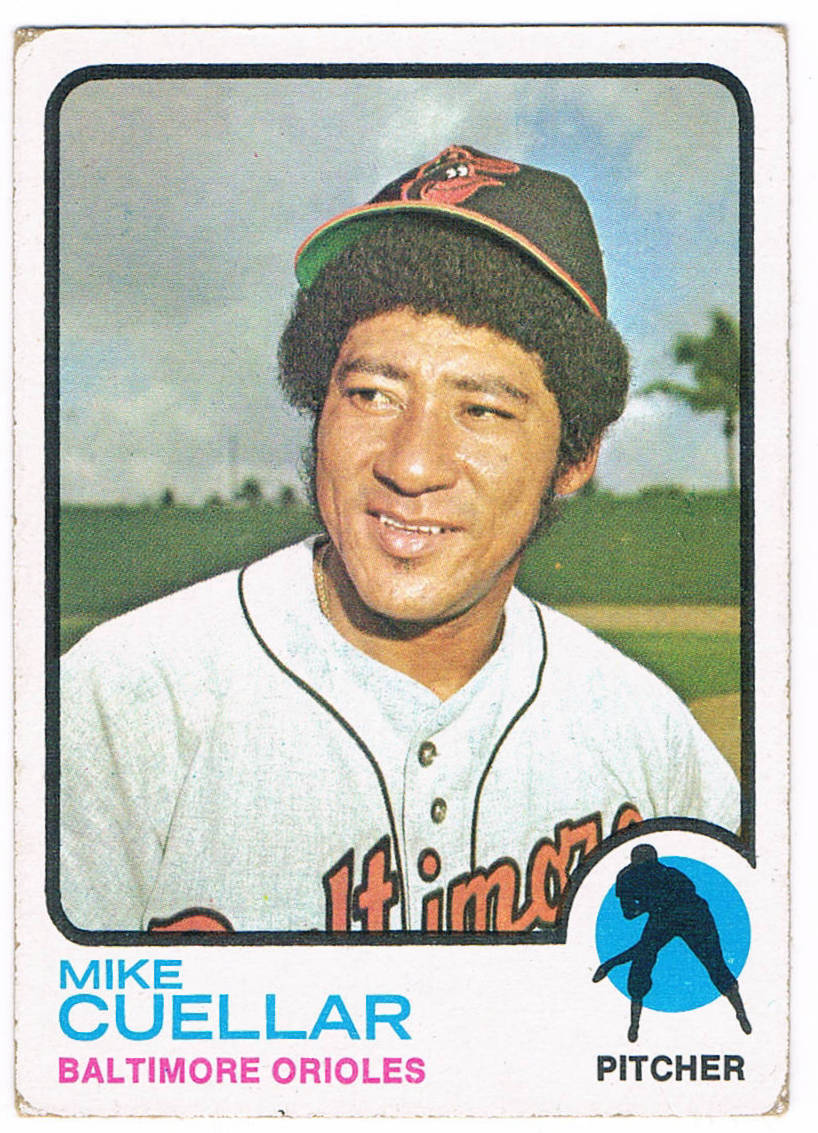 The opening game of the 1970 American League playoffs1 featured a pair of 24-game winners: Baltimore’s Mike Cuellar, who had tied with Denny McLain for the Cy Young Award the year before, and Minnesota’s Jim Perry, who would be the American League recipient in 1970.2
The opening game of the 1970 American League playoffs1 featured a pair of 24-game winners: Baltimore’s Mike Cuellar, who had tied with Denny McLain for the Cy Young Award the year before, and Minnesota’s Jim Perry, who would be the American League recipient in 1970.2
A 23-mile-per-hour wind blew out of the northwest at Minnesota’s Metropolitan Stadium, and it may have affected both pitchers. Orioles manager Earl Weaver said, “The elements made it hard to get a grip on the ball.”3
The Twins scored in the first on a single by Harmon Killebrew, but Paul Blair prevented further damage by tracking down a “savage liner”4 to center by Tony Oliva. The Orioles loaded the bases with one out in the second; it looked like Perry might escape any damage when he got Mark Belanger to hit a grounder to shortstop Leo Cardenas. However, second baseman Danny Thompson skipped a relay throw to first in the dirt, allowing two runs to score. Cuellar followed with a popup in foul territory. Killebrew, playing third base, battled the wind and dropped the ball for an error. Cuellar struck out to end the inning, although it was an indication of how the wind was influencing the game.
Minnesota tied the game on a run-scoring groundout by Perry in the bottom of the second, but Baltimore got the lead back in the fourth on a sacrifice fly by Brooks Robinson and was threatening to get more. With two on and one out, Belanger hit a comebacker to Perry, another potential double-play grounder. Perry couldn’t field the ball cleanly, though, and Belanger had an infield hit to load the bases.
Cuellar stepped in and hit a high fly down the right-field line that was clearly foul. Oliva ran over, in case it stayed in play. It didn’t. Not only did the ball clear the short fence of the grandstand, the wind pushed it back to fair territory, and it landed with a resounding clunk on the metal decking just to the left of the foul pole. It took the stunned crowd, and the players, a moment to process that Cuellar had just hit a grand slam.
Cuellar had first stood at the plate and watched. He then started jogging in tandem with the drift of the ball toward fair territory. The runners had initially held up, and the foursome, bunched up, resembled a slow train in moving around the bases within the silent stadium.5
The carnage didn’t stop. Don Buford pulled a home run to right. After a pitching change and strikeout, Boog Powell delivered a long home run to left-center to complete the seven-run inning.
The Twins got a run back in the fourth. Then Killebrew started the fifth with a home run to center measured at 437 feet,6 and George Mitterwald delivered a two-run single with one out. Weaver came out to remove Cuellar, Dick Hall entered, and the tall reliever quickly ended the rally by getting Thompson to ground into a double play. “Hall, you hacker,” one fan yelled as Hall trudged to the dugout.7
Fresh off the mound, Hall led off the top of the sixth with a single to left field and later scored on a single by Powell to increase the Baltimore lead to 10-6.
Hall allowed only one baserunner, a one-out single by Oliva in the seventh, but he was saved by another outstanding catch by Blair on the next batter, Brant Alyea, who hit a long drive to center. Blair got turned around as he raced back, but he was able to get his glove on the ball and flick it into the air. Still on the move as he approached the fence, Blair tried again and this time was able to corral the ball in his glove.
Minnesota manager Bill Rigney came out to argue that Blair had caught the ball off the fence, but Twins players and coaches in the right-center-field bullpen signaled to him that Blair had made the catch cleanly. Rigney threw up his arms as he saw the Twins’ chance of a comeback evaporate.
“I turned to the right on the ball,” said Blair of the catch. “When I looked over my left shoulder the ball was carrying more to right center. I finally caught up with it on the warning track. It hit the heel of my glove, popped up in the air, and I grabbed it again with my glove about a yard from the fence.”8
Blair said the catch wasn’t as difficult as the one he made in the first on Oliva’s drive. “The first catch was the tougher,” he explained, “because it was hit right at me and that’s the toughest kind.”9
After the 10-6 Baltimore win, Rigney dissected the missed plays by the Twins. Thompson had been playing shortstop for Evansville in the American Association when the Twins called him up after second baseman Rod Carew was injured. Playing out of position, Thompson never seemed comfortable in completing a relay from second, and Rigney referred to the “failure to complete a routine double play in the second inning.” The manager also said, “I thought the ball Belanger hit off Jim Perry’s glove in the fourth took us out of it. If Perry fields the ball, he gets out of the inning with a double play and we’re only trailing 3-2. Instead, Belanger gets on to fill the bases for Cuellar’s home run.”10
The previous season Minnesota had opened the playoffs in Baltimore with two extra-inning losses. Hoping for a boost by starting at home in 1970, the Twins instead encountered an ill wind that left them on the short end of a slugfest.
Sidenotes
In beating Minnesota, Baltimore won its 12th straight game, a streak that reached 17 as the Orioles finished off the Twins in two more games and won the first three games of the World Series, against Cincinnati. Baltimore beat the Reds in the World Series, 4 games to 1.
The game was played with fill-in umpires as the regulars – in Minnesota and in Pittsburgh for the National League playoffs – went on strike in search of higher pay for the All-Star Game, playoffs, and World Series. At Met Stadium two minor-league umpires, Bill Deegan of the Southern League and Darold Satchell of the International League, joined a pair of umpires on the league supervisory staff, Charlie Berry and John Stevens. Players and managers were advised to “go easy” on the replacements, and there were no incidents in the games.11 The impasse was settled late the next morning, and the regular umpires were told to report for duty. It was the final umpiring assignment for Berry, who had last worked during the 1962 World Series. Stevens had also been serving as a swingman on crews and had umpired 24 games during the 1970 regular season. He continued to umpire in this manner the next few years.
The issue with the umpires was settled, and the regular umpires returned the next day for the second game of the series. Deegan was hired by the American League and became a regular starting the next season. He retired in 1980 but twice returned to fill in during labor disputes involving the umpires. For Satchell, along with three of the four National League replacements, it was his only game in the majors. One of the National League replacement umpires, Hank Morgenweck, was later hired by the American League and worked four seasons.12
- Related link: Read all biographies from SABR’s Pitching, Defense, and Three-Run Homers: The 1970 Baltimore Orioles at the SABR BioProject
Sources
Scorebook and memory of the author, who attended the game with his favorite cousin (who, more than a quarter-century later, was his best man).
https://www.baseball-reference.com/boxes/MIN/MIN197010030.shtml
http://www.retrosheet.org/boxesetc/1970/B10030MIN1970.htm
Notes
1 Although it was officially called the American League Championship Series, the newspapers and fans generally used the informal term “playoffs” to refer to the series.
2 Perry had nearly become the second 25-game winner in Twins history (Jim Kaat in 1966 being the other), but the Minnesota bullpen blew a four-run lead in the ninth inning of Perry’s final start of the season.
3 John Roe, “Orioles Breeze by Twins,” Minneapolis Tribune, October 4, 1970: 1 Sports.
4 Lowell Reidenbaugh, “Orioles Polish Off Twins in Repeat Performance,” The Sporting News, October 17, 1970: 8.
5 The home run was measured at 330 feet, as short as it could be in clearing the fence as the distance down the right-field line at Met Stadium was 330 feet.
6 At Met Stadium, home runs were measured to the spot they landed, not the projected distance that a ball would have traveled unimpeded.
7 Memory of the author, who interpreted the shout as more a frustrated sign of respect than an insult.
8 Tom Briere, “Wind Made Hit With Orioles,” Minneapolis Tribune, October 4, 1970: 12 Sports.
9 Reidenbaugh.
10 “Rigney: Error Didn’t Lose It,” Minneapolis Tribune, October 4, 1970: 12 Sports.
11 Jerome Holtzman, “The Year in Review,” Official Baseball Guide for 1971 (St. Louis: The Sporting News, 1971), 287-290.
12 Retrosheet.org.
Additional Stats
Baltimore Orioles 10
Minnesota Twins 6
Game 1, ALCS
Metropolitan Stadium
Bloomington, MN
Box Score + PBP:
Corrections? Additions?
If you can help us improve this game story, contact us.


